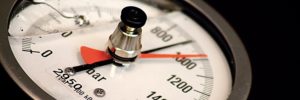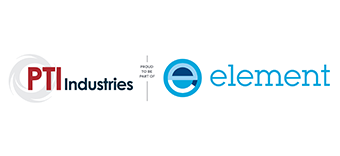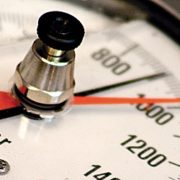Critical Pressure Testing for Leaks
 There is no such thing as a good leak. Whether you’re talking about a leaky faucet or a critical aircraft component, leaks are at best pesky and at worst potentially deadly.
There is no such thing as a good leak. Whether you’re talking about a leaky faucet or a critical aircraft component, leaks are at best pesky and at worst potentially deadly.
This is why pressure testing is imperative for many types of devices, such as fuel systems, ventilation systems, and numerous other devices in the aerospace, medical and laser fields. Pressure testing for leaks in these industries relies on stringent standards to produce defined results on in-process and finished assemblies.
All these components require testing technology that meets specific leak-testing challenges. Different components are subject to different stresses and applications, giving each product unique pressure testing practices.
To pressure test certain components, the test pressure must replicate the working pressure. When the pressure is very high, the testing is more difficult and the safety precautions become more complex.
In order to remain competitive, manufacturers need high-quality leak detection testing that delivers accurate, reliable, and repeatable results.
Getting successful results requires multidisciplinary expertise from test professionals. Running realistic pressure tests safely, as quickly as possible, and at the minimum cost are also instrumental for your success. The right skills and equipment for complex pressure testing programs greatly reduces the failure of accidentally damaging a component during testing.
For precise pressure testing of your components, special process providers with the required high levels of quality certifications in leak testing equipment and experience are the ones to turn to. Working with a provider who can develop test specifications to your prototypes and standards can also help you to avoid purchasing expensive pressure testing machines for in-house applications.
PTI’s laboratory performs two types of pressure tests:
- Hydraulic or hydrostatic Pressure Tests use water or oil as the test medium up to 4000 psi.
- Gaseous or pneumatic Pressure Tests use air or non-flammable gas up to 2000 psi.
PTI’s pressure test applications include aerospace engines, medical devices and laser components. Our pressure tests comply with AMS 2610, AMS 2615, and many OEM prime specifications.

